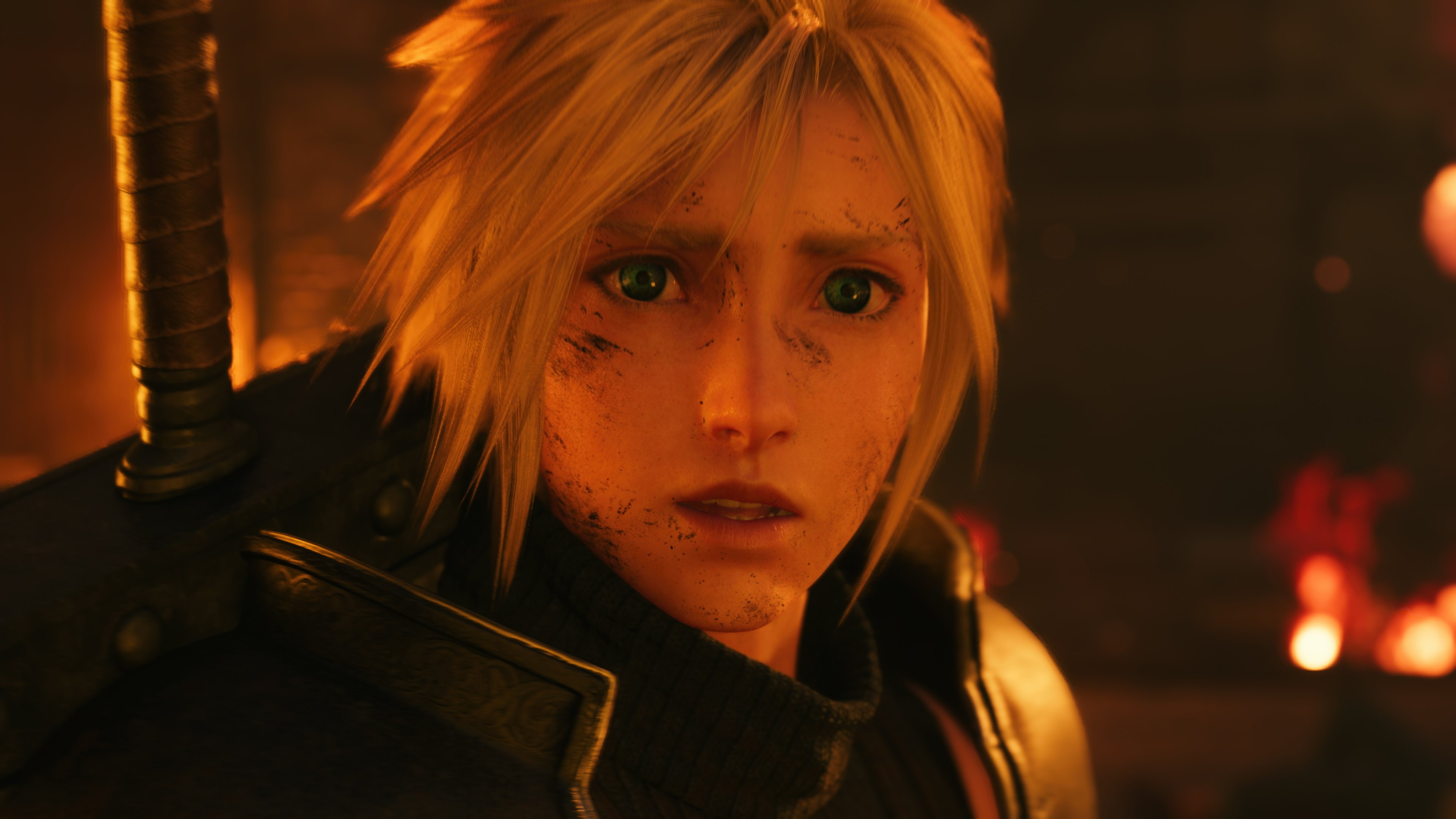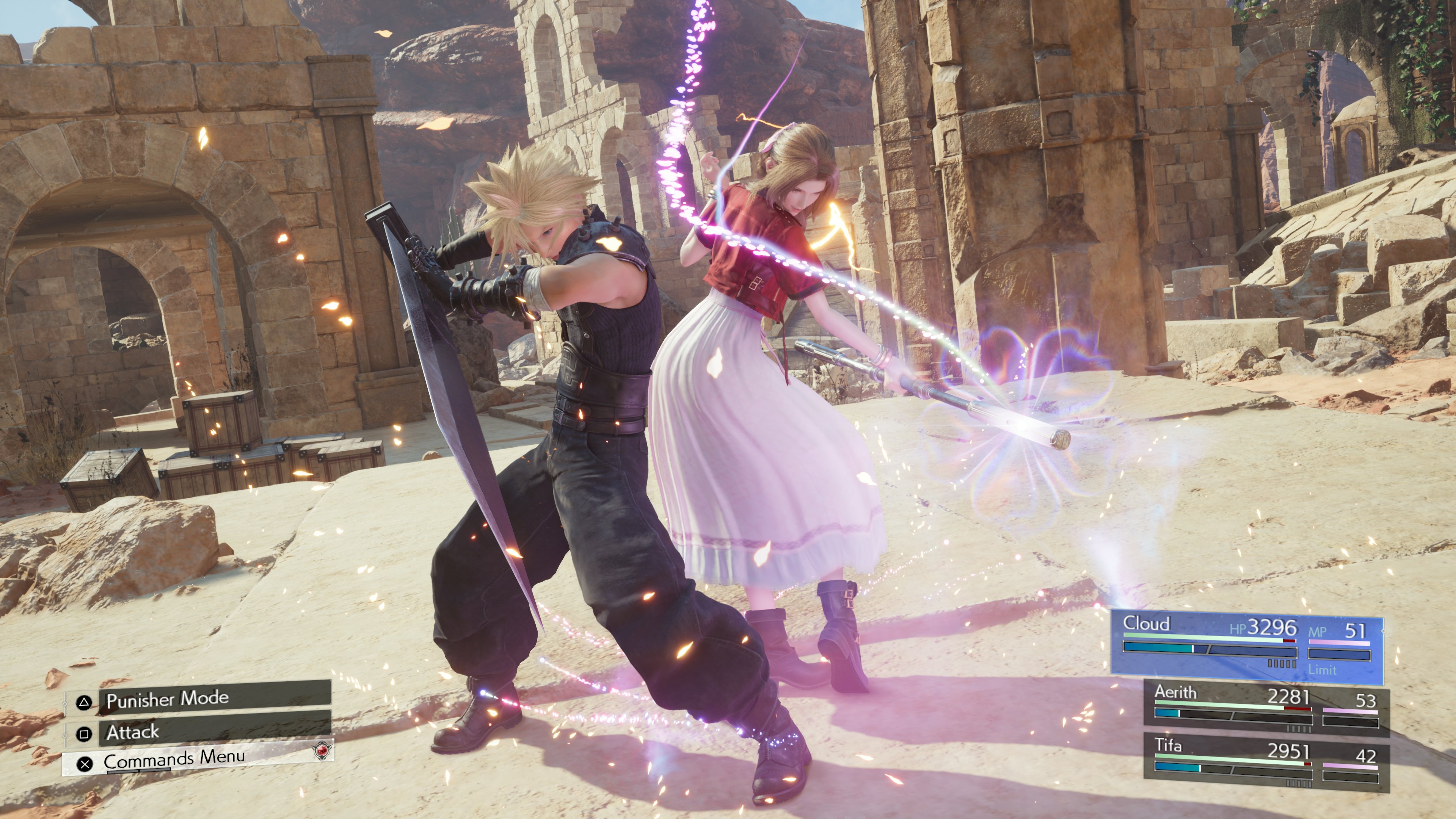
To start the new year, Square Enix president Takashi Kiryu released a letter outlining the publisher’s plans for 2024 — and wasted no time riling up fans in the process. Along with the mostly anodyne updates in the letter, Kiryu says that Square Enix will be “aggressive in applying AI and other cutting-edge technologies to both our content development and our publishing functions.”
While that vague statement doesn’t announce any particular move from Square Enix, AI has become such a contentious issue that the mere mention of it is guaranteed to garner attention. According to Kiryu, the company first plans to use AI “to enhance our development productivity and achieve greater sophistication in our marketing efforts.” But in the future, it will be used to create “new forms of content for consumers.”
Square Enix did not immediately respond to Inverse’s request for comment.

Over the past few years, as generative AI platforms have become more sophisticated, developers have increasingly pushed to make AI part of production. High on Life was an early example, using AI-generated art and voice acting. The Finals, a popular online shooter released last year, also used AI-generated voices. Maybe the biggest announcement of AI integration so far has been Microsoft’s partnership with InWorld, a company that creates AI-generated dialogue and voices for NPCs, which had voice actors up in arms.
The issue is that any use of AI has the potential to impact actual workers. If studios can get away with cheap AI-produced assets or use AI in programming and production, it could lead to more instability and layoffs in an already volatile field. After the massive waves of layoffs last year, it’s not hard to see why anything that could accelerate job losses would be met with hostility.
Then there’s the less vital, but no less real, issue of quality. Kiryu mentions ChatGPT in his letter as one of the innovations that “sparked the rapid spread of generative AIs.” It’s worth noting, then, that ChatGPT and other similar AI chatbots are notorious for their unreliability. An article in Wired shows Microsoft’s AI chatbot sharing misinformation about the 2024 presidential election. ChatGPT has also been shown to cite entirely fictitious articles by The Guardian. OpenAI, creator of ChatGPT, was recently sued by The New York Times for alleged copyright infringement.
In the realm of video games, voice actors like Gianni Matragrano, who has appeared in games including last year’s Blood West, have pointed out the poor performance of the AI voices in The Finals. Square Enix has a reputation for the quality of its games. From artists and designers to writers and voice actors, Square Enix games are marked by an overall polish and huge amounts of talent. There’s good reason to worry that reputation could be a thing of the past if the developer turns to AI-generated content.
This isn’t the first time Square Enix has jumped on a deeply unpopular fad, either. The company has pursued blockchain endeavors, including NFTs, since 2020. As part of that strategy, it sold off Crystal Dynamics, Eidos Montreal, and Square Enix Montreal to fund its investments. The results so far include NFT trading cards based on Final Fantasy 7 and the blockchain game Symbiogenesis. For a look at how that’s going, consider an article published by The Gamer titled “Square Enix’s NFT Game Is the Worst Thing I’ve Ever Seen.”
Despite that, and the NFT fad being completely dried up by now, Square Enix remains committed. Writing on the blockchain and Web3 in addition to AI, Kiryu says in his letter Square Enix is “working to modify our organizational structure and optimize our resource allocations to support these efforts.”
While AI might not be as short-lived a trend as NFTs, it’s likely to cause far more damage in the end. With major publishers like Square Enix pushing forward on AI despite outcry from developers and players alike, it could signal even tougher times ahead in an already unstable industry.







